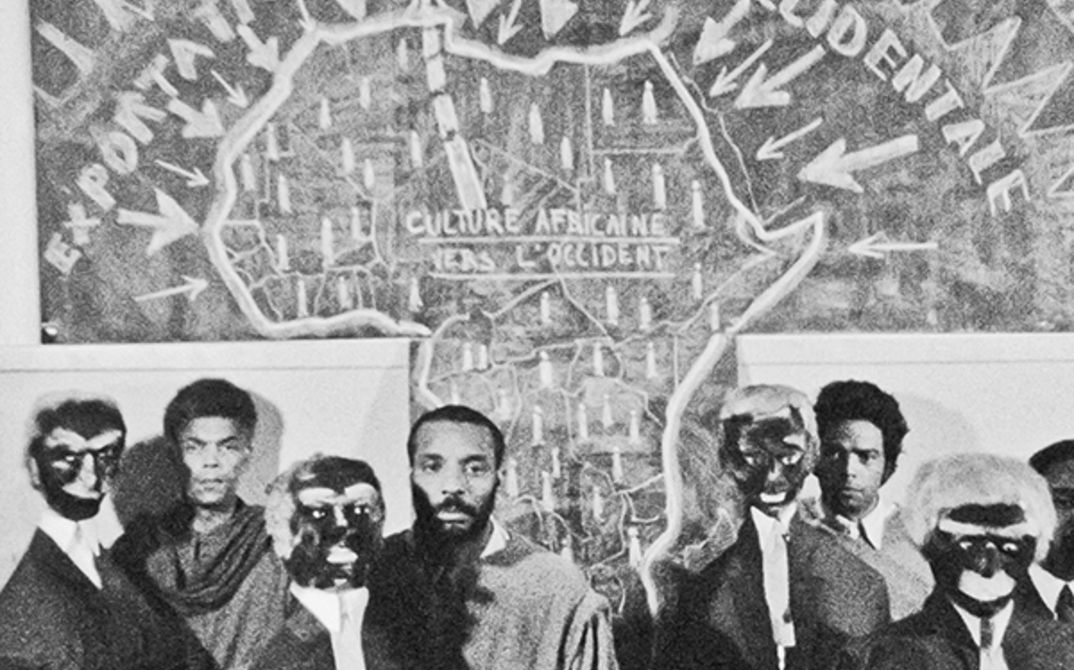104 min. French, Arabic.
The very first minutes of Med Hondo’s debut film already impress with a wealth of ideas that made this winner of Locarno’s Golden Leopard award stand out even in the crowded field of political cinema in the early 1970s. Following an animated intro full of black humour, the ways in which colonial powers subjugated the African continent (religion, violence, money) are called to mind in a dreamily absurd sequence. Only then does the actual narrative begin: the story of a young man who arrives in Paris from Africa with high hopes, but soon realises that the society of the colonisers won’t give him a chance – and that he is subject to a racism that can be either brutally direct or issued from behind a liberal mask. This is a film as an internal monologue sprinkled with bits of cinéma vérité, montage learned from Eisenstein, and many moments of sardonic humour that conceal a profound despair. (svr)
Med Hondo was born in Atar, Mauritania in 1936. At the end of the 1950s, he emigrated to France, founding a theatre group in Paris and turning to film. In the mid-1960s he began shooting his first feature film Soleil Ô which attracted international attention. In his subsequent films, Hondo addressed the history of the African continent and its diaspora. In addition to his work as a director, Hondo also worked as a dubbing artist. He died in Paris in 2019.
